Hello!
With the 15th February submission deadline fast approaching, I would like to send you a further reminder of this fantastic opportunity to capture your research into an image and upload it into a Research Photography Competition being launched in February/March. Is this something that’s of interest to you or could be of interest to others you know? Read below for details.
Research photography competition
Can you convey your research through an image? We are looking for academics and postgraduates to tell the story of their research through a photograph, which can be used to inspire current BU undergraduates.
Images will be showcased on the BU website in early 2015, where students and staff alike will be able to vote to choose their favourite images. The top 10 will be displayed across campus in April 2015.
Step 1: Take your photo!
You can be as creative as you like in capturing the essence of your research. You could take a photo of your research in progress, showing how it is developed. Or you could focus on the people involved – the people behind the research, or the people benefitting from it. Unusual or artistic images are also encouraged!
Step 2: Submit your photo
Send your photo, along with a 100 – 200 word description of your research to research@bournemouth.ac.uk by 15th February 2015.
If you need inspiration, take a look at this link for The University of Manchester’s Images of Research competition: http://www.manchesterimagesofresearch.co.uk/winners/
Not only will your image help to inspire the next generation of researchers, but it will also give you an opportunity to find out about other areas of research going on across the university.
If you have any questions, please contact me on ssquelch@bournemouth.ac.uk
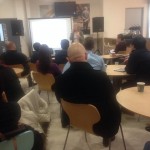
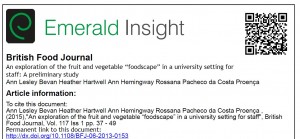





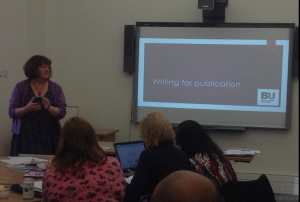
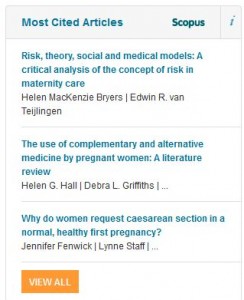
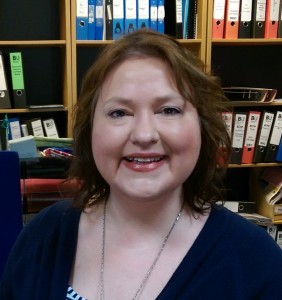
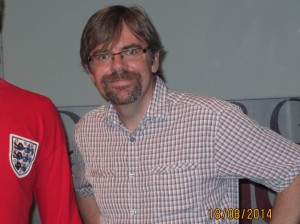













 Writing policy briefs
Writing policy briefs Upholding Excellence: The Concordat to Support Research Integrity
Upholding Excellence: The Concordat to Support Research Integrity Today’s Documentation Will Serve Tomorrow’s Justice
Today’s Documentation Will Serve Tomorrow’s Justice Up2U: New BU academic publication
Up2U: New BU academic publication New BU midwifery paper
New BU midwifery paper ECR Funding Open Call: Research Culture & Community Grant – Application Deadline Friday 12 December
ECR Funding Open Call: Research Culture & Community Grant – Application Deadline Friday 12 December MSCA Postdoctoral Fellowships 2025 Call
MSCA Postdoctoral Fellowships 2025 Call ERC Advanced Grant 2025 Webinar
ERC Advanced Grant 2025 Webinar Horizon Europe Work Programme 2025 Published
Horizon Europe Work Programme 2025 Published Horizon Europe 2025 Work Programme pre-Published
Horizon Europe 2025 Work Programme pre-Published Update on UKRO services
Update on UKRO services European research project exploring use of ‘virtual twins’ to better manage metabolic associated fatty liver disease
European research project exploring use of ‘virtual twins’ to better manage metabolic associated fatty liver disease